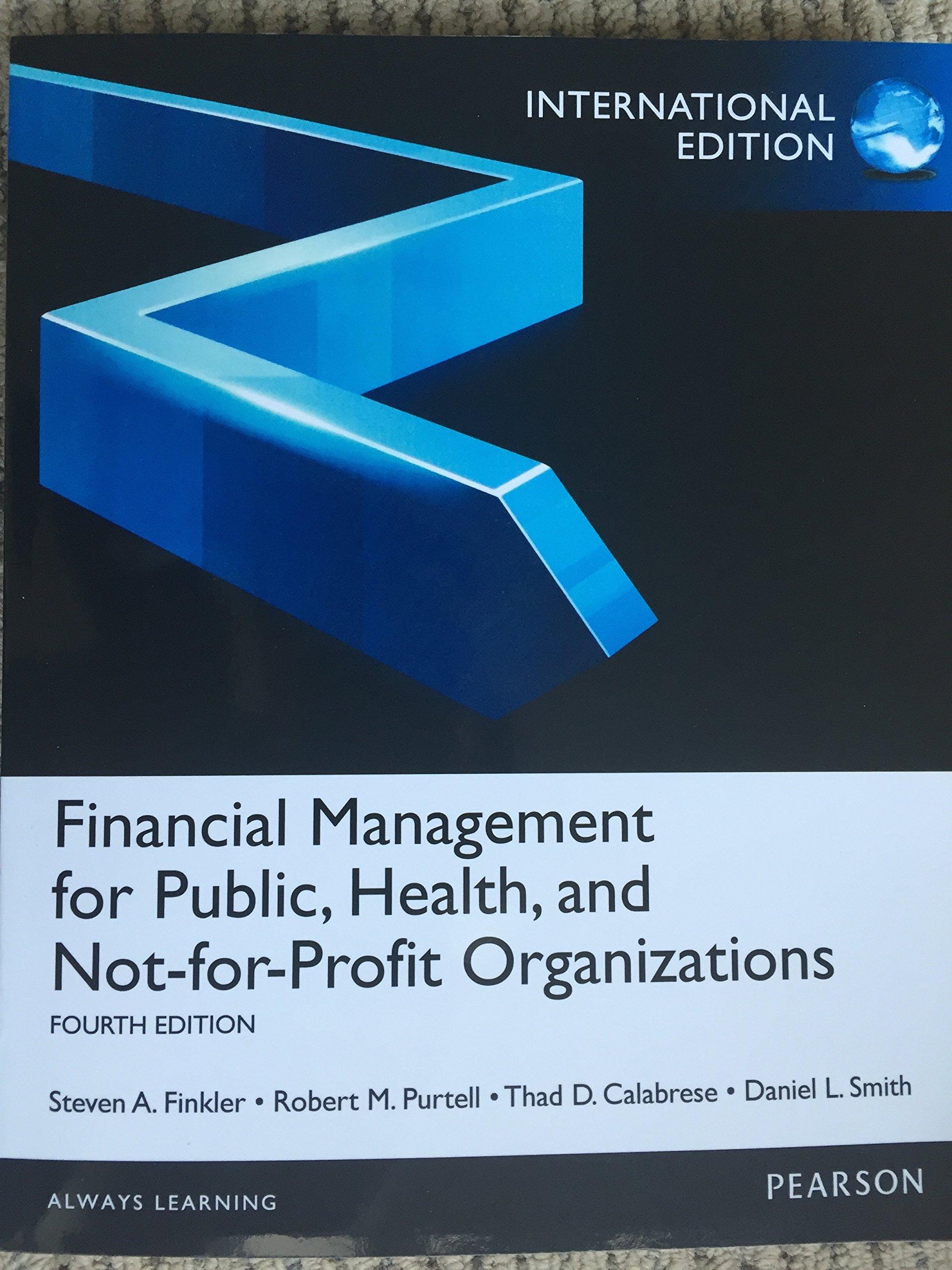Question
A stock's returns have the following distribution: Demand for the Company's Products Probability of This Demand Occurring Rate of Return If This Demand Occurs Weak
A stock's returns have the following distribution:
| Demand for the Company's Products | Probability of This Demand Occurring | Rate of Return If This Demand Occurs |
| Weak | 0.2 | (30%) |
| Below average | 0.3 | (11) |
| Average | 0.3 | 11 |
| Above average | 0.1 | 28 |
| Strong | 0.1 | 66 |
| 1.0 |
Assume the risk-free rate is 2%. Calculate the stock's expected return, standard deviation, coefficient of variation, and Sharpe ratio. Do not round intermediate calculations. Round your answers to two decimal places.
Stock's expected return:
Standard deviation:
Coefficient of variation:
Sharpe ratio:
B.
Stocks A and B have the following probability distributions of expected future returns:
| Probability | A | B |
| 0.2 | (8%) | (23%) |
| 0.2 | 5 | 0 |
| 0.2 | 13 | 22 |
| 0.1 | 23 | 30 |
| 0.3 | 39 | 41 |
Calculate the expected rate of return, , for Stock B ( = 16.00%.) Do not round intermediate calculations. Round your answer to two decimal places. %
Calculate the standard deviation of expected returns, A, for Stock A (B = 23.85%.) Do not round intermediate calculations. Round your answer to two decimal places.
Now calculate the coefficient of variation for Stock B. Round your answer to two decimal places.
Step by Step Solution
There are 3 Steps involved in it
Step: 1

Get Instant Access to Expert-Tailored Solutions
See step-by-step solutions with expert insights and AI powered tools for academic success
Step: 2

Step: 3

Ace Your Homework with AI
Get the answers you need in no time with our AI-driven, step-by-step assistance
Get Started


